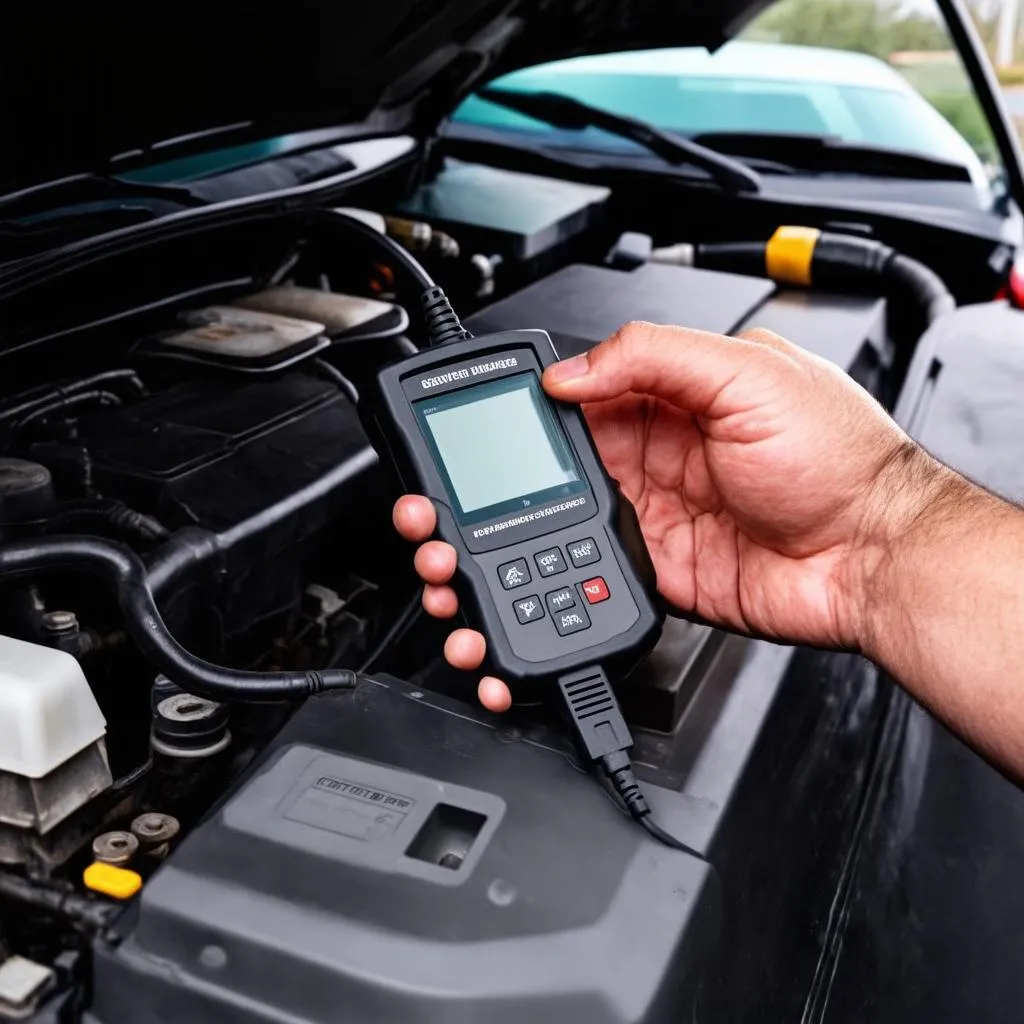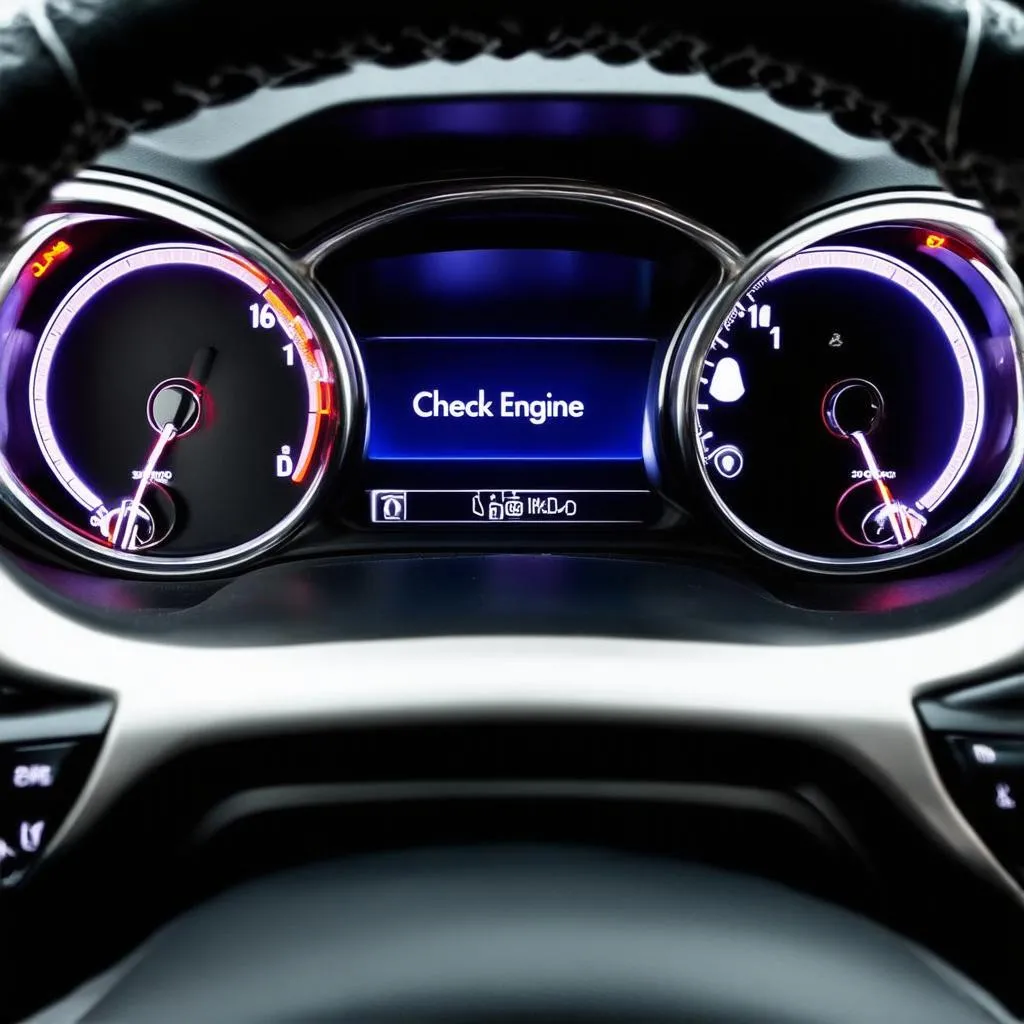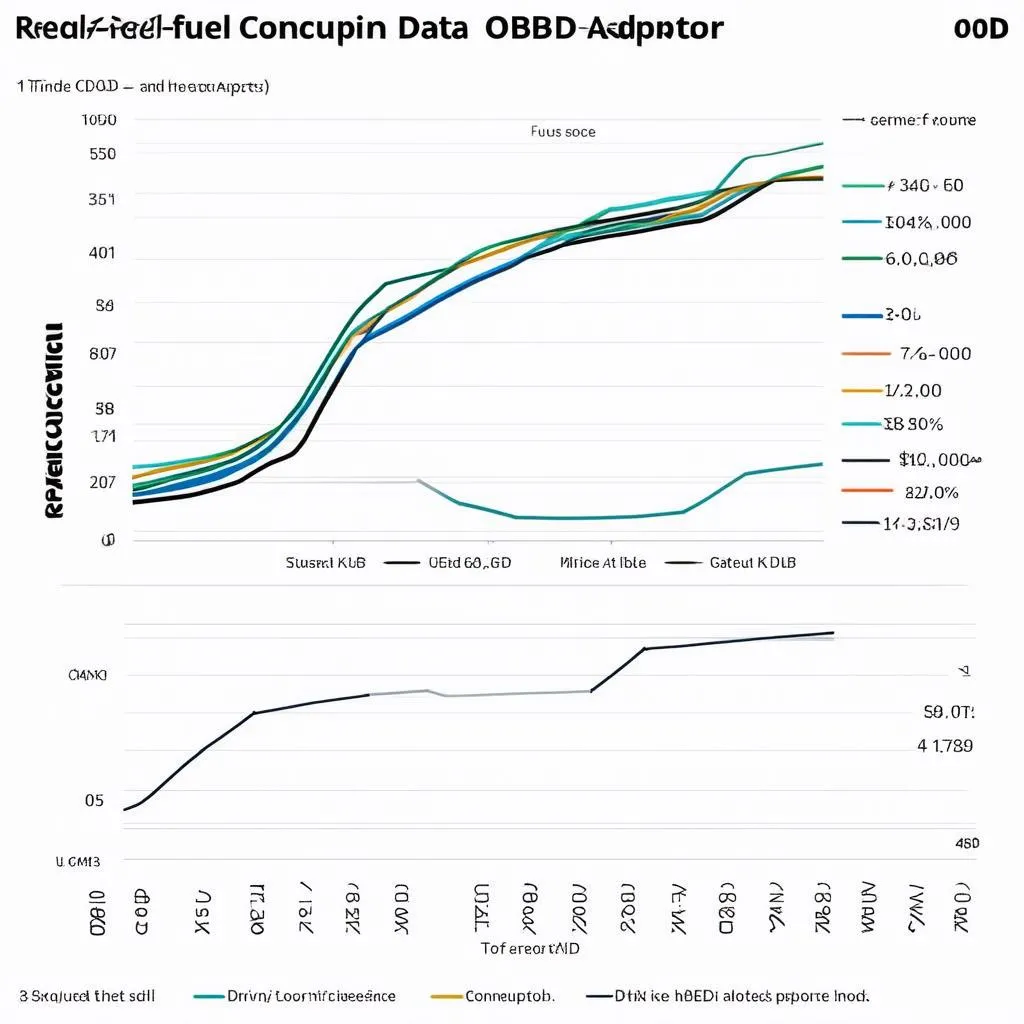Have you ever encountered a perplexing car issue and wished you could peek into its inner workings? Imagine a world where you could diagnose and troubleshoot car problems yourself, saving time and money. This is the realm of OBD ports and adaptors, the unsung heroes of automotive diagnostics. Let’s unravel the mysteries surrounding these crucial components.
Understanding the Importance of OBD Ports and Adaptors
The OBD (On-Board Diagnostics) port is a standardized connector found in most modern vehicles, acting as a communication gateway between your car’s electronic control units (ECUs) and diagnostic tools. It’s like a secret passageway to a treasure trove of information about your car’s health.
But, here’s the catch. Not all OBD ports speak the same language! Just like humans communicate in different dialects, vehicles from different manufacturers employ unique communication protocols. This is where OBD adaptors come into play. They act as interpreters, bridging the gap between your diagnostic tool and your car’s specific language.
Delving Deeper: Types of OBD Adaptors and Their Functionality
OBD adaptors are classified into different types depending on the specific protocols they support:
1. Standard OBD II Adaptors:
- These are the most common type, compatible with most gasoline-powered vehicles manufactured after 1996 in the United States and many international markets.
- They use the SAE J1962 protocol, a universal language understood by most diagnostic tools.
2. European Car Adaptors:
- These adaptors are crucial for working with European vehicles, often employing protocols like ISO 15765-4 (CAN) and ISO 14229 (KWP2000).
- They’re essential for accessing diagnostic information in vehicles from brands like BMW, Mercedes-Benz, Audi, Volkswagen, and more.
3. Asian Car Adaptors:
- Asian car manufacturers like Toyota, Honda, and Nissan often utilize unique protocols that require specialized adaptors.
- These adaptors may support J1850 PWM, J1850 VPW, and other protocols specific to their vehicles.
Unlocking the Potential of OBD Adaptors: Diagnostic Advantages
OBD adaptors offer a plethora of benefits for car owners, mechanics, and enthusiasts alike:
- Self-Diagnosis: Imagine identifying and potentially resolving minor car issues without the hassle and expense of a mechanic visit. OBD adaptors empower you to gain insights into your vehicle’s performance and health.
- Performance Enhancement: OBD adaptors can help you delve into engine data, allowing for precise tuning and adjustments for increased performance and fuel efficiency.
- Code Reading and Clearing: OBD adaptors enable you to read diagnostic trouble codes (DTCs) that signal potential issues in your vehicle. These codes can provide valuable clues to troubleshoot problems.
- Safety and Compliance: By connecting to your car’s ECU, OBD adaptors can help verify your vehicle’s emissions compliance and ensure safe operation.
Real-Life Scenarios: Why OBD Adaptors Are a Game-Changer
Let’s consider a few real-world scenarios where OBD adaptors shine:
- The “Check Engine” Light Mystery: Imagine the dreaded “Check Engine” light illuminating on your dashboard. An OBD adaptor can help you quickly determine the underlying cause, potentially saving you from unnecessary expensive repairs.
- Fuel Efficiency Optimization: Want to maximize your fuel economy? OBD adaptors can provide real-time fuel consumption data, allowing you to adjust your driving habits for improved efficiency.
- DIY Performance Tuning: With an OBD adaptor, you can delve into your car’s ECU parameters and fine-tune settings for increased performance, like adjusting ignition timing or air-fuel ratios.
Choosing the Right OBD Adaptor: Essential Considerations
When selecting an OBD adaptor, remember:
- Compatibility: Ensure it’s compatible with your car’s make and model, including the specific protocols used.
- Features: Consider the features you need, such as live data reading, code clearing, or advanced tuning capabilities.
- Reputation and Reviews: Research reputable brands and read user reviews to ensure the adaptor is reliable and delivers on its promises.
Frequently Asked Questions: Addressing Your Concerns
Q1: What is the difference between an OBD adaptor and a diagnostic tool?
An OBD adaptor acts as a bridge between your car’s OBD port and a diagnostic tool. It’s a hardware component that connects to the port, enabling communication. A diagnostic tool is a software application or device that interprets the data received from the car’s ECU through the adaptor.
Q2: Can I use any OBD adaptor with my car?
Not all adaptors are created equal! It’s crucial to choose an adaptor compatible with your car’s specific make, model, and communication protocols. Consulting the manufacturer’s documentation or seeking expert advice can help you find the right match.
Q3: Are there any security concerns associated with OBD adaptors?
Like any technology, OBD adaptors can potentially be vulnerable to security threats. It’s essential to purchase adaptors from reputable sources and to be cautious about connecting them to unknown or untrusted devices.
Finding the Perfect OBD Adaptor for Your Needs: A Glimpse into the World of Options
Navigating the vast array of OBD adaptors can be overwhelming. Here are some popular brands and models to consider:
- OBDLink SX: Known for its versatility and compatibility with various diagnostic tools.
- Autel MaxiCOM MK808: A robust, multi-function scanner with advanced capabilities for professional use.
- Foxwell NT510 Elite: A user-friendly scanner offering a wide range of functions for both professionals and DIY enthusiasts.
Beyond OBD Adaptors: Exploring the Techcarusa.com Universe
Interested in delving deeper into automotive diagnostics and technology? Explore our comprehensive resource library at techcarusa.com, where you’ll find articles, tutorials, and expert insights on topics like:
- Advanced Diagnostic Tools for European Cars: Discover powerful diagnostic tools designed specifically for European vehicles.
- Troubleshooting Automotive Electrical Systems: Gain insights into common electrical issues and effective troubleshooting strategies.
- Understanding Car ECU Functions: Uncover the intricacies of your car’s electronic control units and their role in vehicle performance.
Empowering You with Knowledge and Expertise: Take Control of Your Automotive Journey
Armed with the right OBD adaptor and a solid understanding of automotive diagnostics, you can take control of your car’s health and performance. Don’t hesitate to reach out to our team of experts at techcarusa.com for any questions or assistance.
Let’s embark on a journey of automotive enlightenment together!
 OBD Adaptor Tool
OBD Adaptor Tool
 Car Dashboard Check Engine Light
Car Dashboard Check Engine Light
 Fuel Efficiency Graph
Fuel Efficiency Graph
Contact us via WhatsApp: +84767531508 for any assistance with diagnostics tools and expert support 24/7.